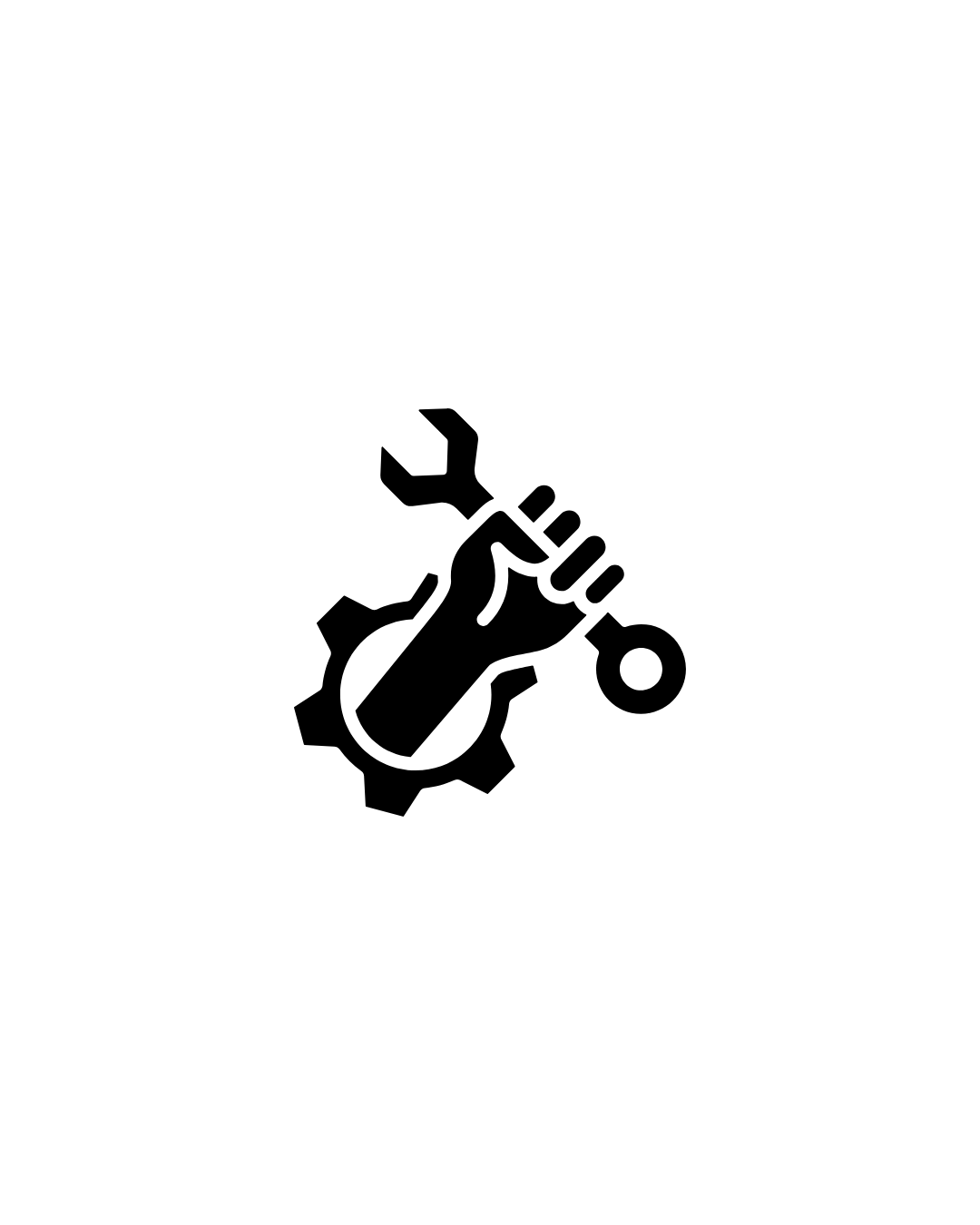Description
A Bachelor of Technology in Mechanical Engineering (B.Tech in Mechanical Engineering) is an undergraduate degree that focuses on the study of the principles of mechanics, thermodynamics, materials science, fluid dynamics, and energy systems. This program prepares students for careers in various engineering fields, including manufacturing, automotive, aerospace, and energy sectors.
Curriculum Overview
The curriculum for a B.Tech in Mechanical Engineering typically consists of core engineering subjects, specialized topics, and practical laboratory experiences. Below are some common subjects and areas of study within this program:
Engineering Mathematics:
Advanced mathematical concepts, including calculus, differential equations, and statistics, essential for solving engineering problems.
Engineering Mechanics:
Principles of statics and dynamics, analyzing forces, motion, and the behavior of physical structures.
Thermodynamics:
Study of the laws of thermodynamics, heat transfer, and energy conversion processes in systems.
Fluid Mechanics:
Principles governing the behavior of fluids in motion and at rest, including fluid properties, hydrostatics, and fluid dynamics.
Materials Science and Engineering:
Understanding material properties, selection, and applications in engineering, including metals, polymers, ceramics, and composites.
Machine Design:
Principles of designing mechanical components such as gears, bearings, and actuators considering strength, durability, and performance.
Manufacturing Processes:
Various manufacturing techniques and processes such as machining, welding, casting, and additive manufacturing, including industrial applications.
Dynamics of Machinery:
Analysis of the motion of machinery, including the kinematics and dynamics of mechanical systems and mechanisms.
Heat Transfer:
Study of heat transfer mechanisms, including conduction, convection, and radiation, and their applications in engineering design.
Robotics and Automation:
Overview of robotic systems, automation, and control theory in manufacturing and production processes.
Thermal Engineering:
Principles of thermal systems, including heat exchangers, refrigeration, and air conditioning systems.
CAD and Simulation:
Computer-Aided Design (CAD) tools for creating engineering drawings and simulations for mechanical systems.
Project Work/Internship:
Hands-on experience gained through practical projects, design work, or internships to apply theoretical knowledge in real-world settings.
Career Opportunities
Graduates with a B.Tech in Mechanical Engineering have various career opportunities across multiple industries, including manufacturing, automotive, aerospace, energy, and consulting. Some potential job roles include:
Mechanical Engineer: Designing, analyzing, and improving mechanical systems and products in various industries.
Manufacturing Engineer: Focusing on the optimization of manufacturing processes, quality control, and production efficiency.
Automotive Engineer: Working on the design, development, and testing of automotive systems and components for vehicles.
Aerospace Engineer: Involved in the design and analysis of aircraft and spacecraft, including propulsion systems and structural components.
Energy Engineer: Focusing on energy systems, including renewable energy technologies, power generation, and energy efficiency projects.
Robotics Engineer: Designing and developing robotic systems used in automation, manufacturing, and other applications.
Research and Development Engineer: Engaging in innovative projects, exploring new technologies, materials, and processes in mechanical engineering.
Quality Assurance Engineer: Ensuring products meet quality standards through testing, inspection, and compliance with regulations.
HVAC Engineer: Designing and maintaining heating, ventilation, and air conditioning systems in buildings and industrial facilities.
Consultant: Providing specialized engineering consulting services to organizations, helping them optimize systems, processes, and designs.
Further Education
Graduates may choose to pursue a Master?s degree in Mechanical Engineering, Industrial Engineering, or related fields for further specialization and career advancement. Certifications in specific areas (such as Six Sigma, project management, or CAD software) can also enhance job prospects.
If you have any further questions about the curriculum, career paths, or other aspects of a Bachelor of Technology in Mechanical Engineering, feel free to ask!









